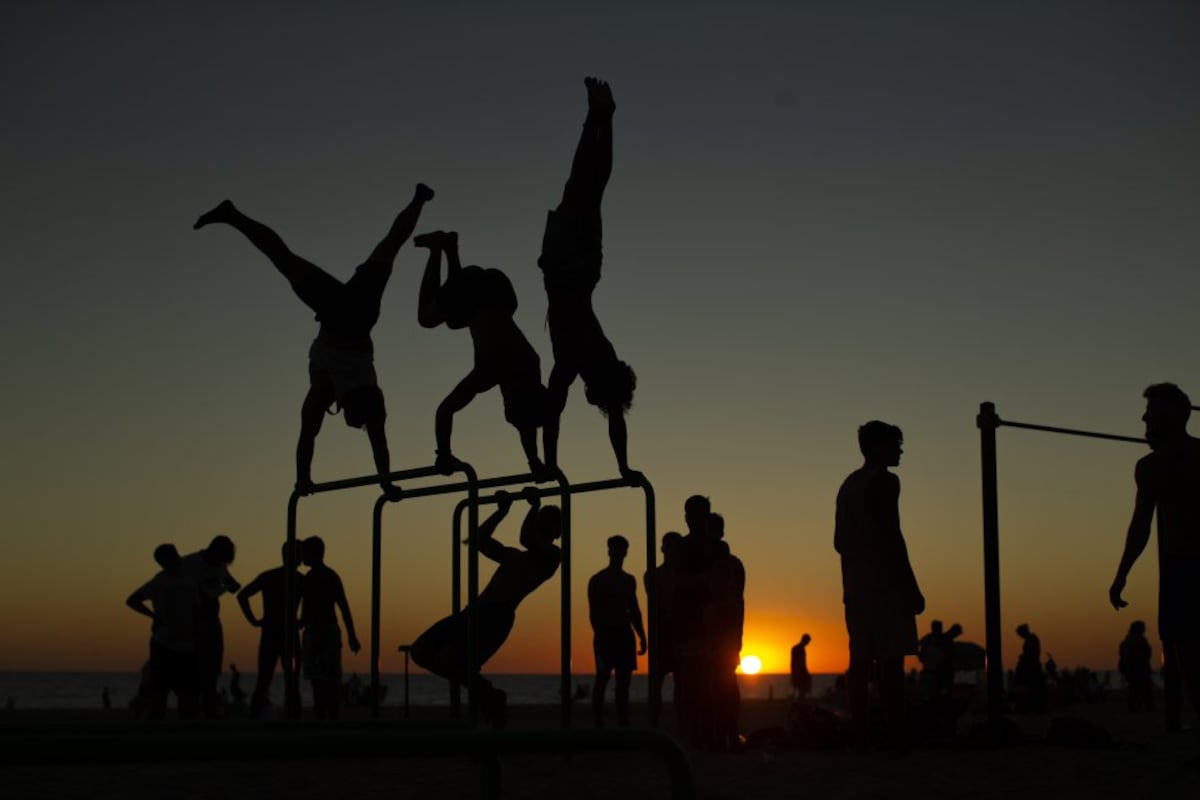
"Concern for physical and mental well-being conjured up images of mothers doing aerobics with Jane Fonda, or of influencers drinking kale and chia smoothies. Dieting was something women did. Men were more likely to talk about how much they drank, rather than how little they ate. It's not that men don't need to take care of themselves: men have a shorter life expectancy, they drink more alcohol, they have a poorer diet, and their mental health problems more frequently end in suicide."
"The Global Wellness Institute estimates that the economy of this industry reached $5.6 trillion worldwide in 2023, with this figure expected to grow to almost $8 trillion by 2028. To achieve this explosive growth, there's been a need to find new market niches. And, to do so, industry experts have changed the terminology and the aesthetics, rebranding the notion of wellness with men in mind."
Self-care was traditionally marketed to women through specific aesthetics and language associated with dieting, aerobics, and influencer culture. Men exhibit worse health indicators, including shorter life expectancy, higher alcohol consumption, poorer diets, and higher suicide completion rates. The global wellness economy reached $5.6 trillion in 2023 and is projected to approach $8 trillion by 2028. Industry strategies shifted to recruit male consumers by renaming practices (self-care to biohacking, meditation to cognitive enhancement), promoting stoic and challenging rituals (ice baths, red-meat and intermittent-fasting diets), and integrating wearable health technology. Wellness increasingly emphasizes optimization, competition, and masculine ideals of control and achievement.
Read at english.elpais.com
Unable to calculate read time
Collection
[
|
...
]